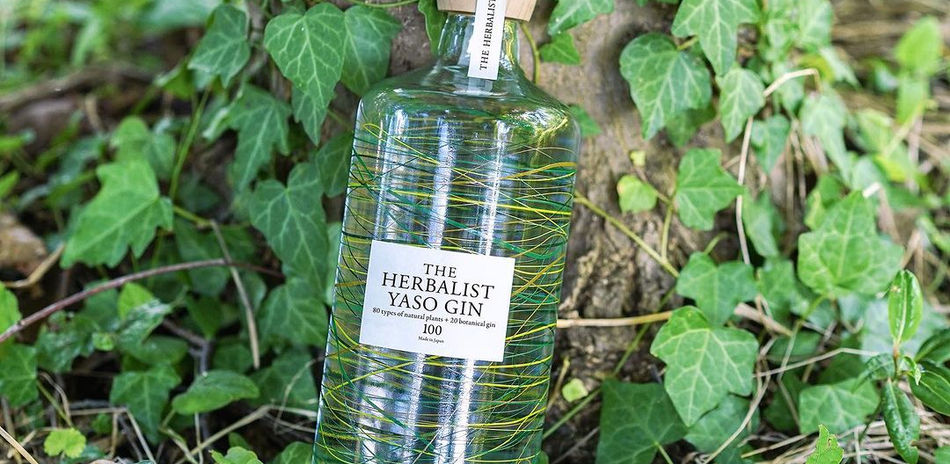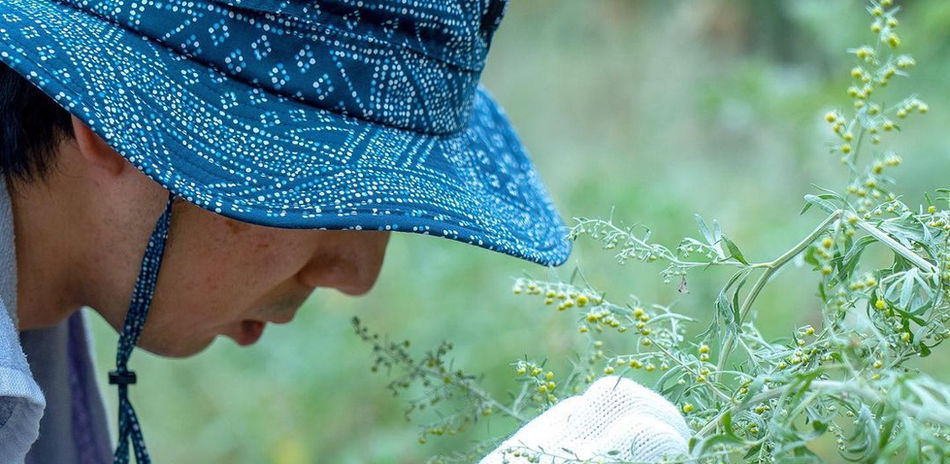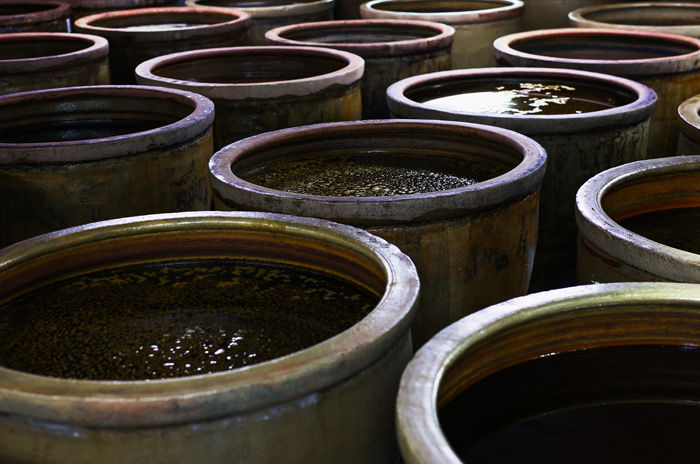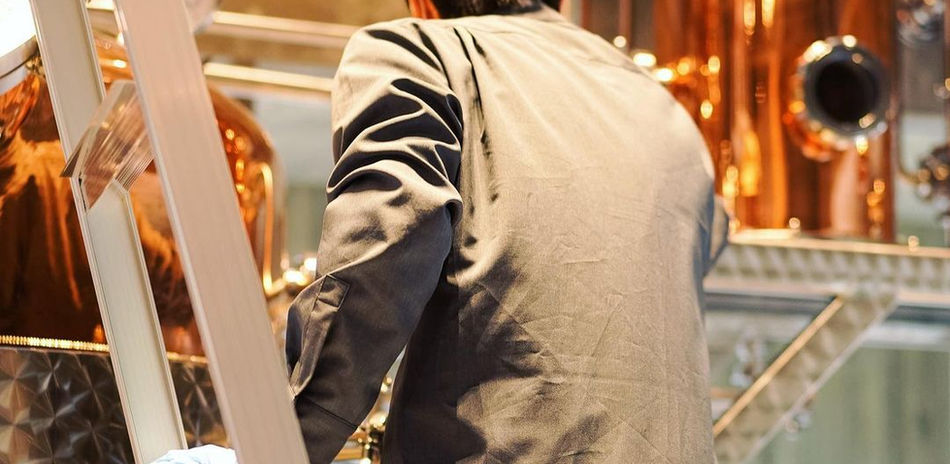Yaso Gin
Yaso Gin

For 47 years since its establishment, Echigo Yakuso has consistently focused on health,
Echigo Yakuso has consistently researched and developed products that combine the power of wild plants and fermentation in the natural world under the theme of health : the only products in the enzyme industry that has been approved as a recommended product by the Japan Adult Disease Prevention Association, a medical organization, for its quality and safety. Drawing on the power of naturally occurring wild herbs, delivering products that lead to good health and smiles.
In the Joetsu region of Niigata Prefecture, one of the nation's leading producers of mugwort, the “king of wildflowers,” making no compromises in our selection of raw materials for our products. Carefully selecting high-quality local natural mugwort, horsetail, and dokudami, as well as ingredients from all over Japan and even overseas. Based on the concept of “Ichibutsu zentai,” and using various parts of the ingredients as they are, including the skin and rhizome, so that the power of the ingredients can contribute to good health.
To ferment and mature the wild herb extracts, it's the only enzyme manufacturer in Japan to use “Yixing Purple Sand Jars,” ceramic jars made in China's Jiangsu Province, the world's largest pottery town. The countless small holes in the jar allow for air permeability, which in turn increases the activity of the fermenting bacteria by allowing them to breathe. Furthermore, the characteristics and shape of the pottery generate far-infrared ray effects and natural convection currents. It also draws out the power of wild herbs and produces a mellow flavor and richness. The alcohol produced as a byproduct of condensing this wild herb extract in a condenser (distiller) is used as a raw material for YASO.
<The Joetsu region of Niigata Prefecture, where THE HERBALIST YASO is manufactured, is an ideal region for fermentation, with high temperatures and humidity in summer and low temperatures and humidity in winter. In addition, the area is snowy and the temperature varies more than 40 degrees Celsius per year, making it an environment where only the strongest bacteria can survive. Taking advantage of the characteristics of this climate, manufacturing and selling products centrally controlled in-house by using our own fermentation technology to produce enzymes at “nariyuki temperatures” without adjusting the temperature or humidity.
No product





















































